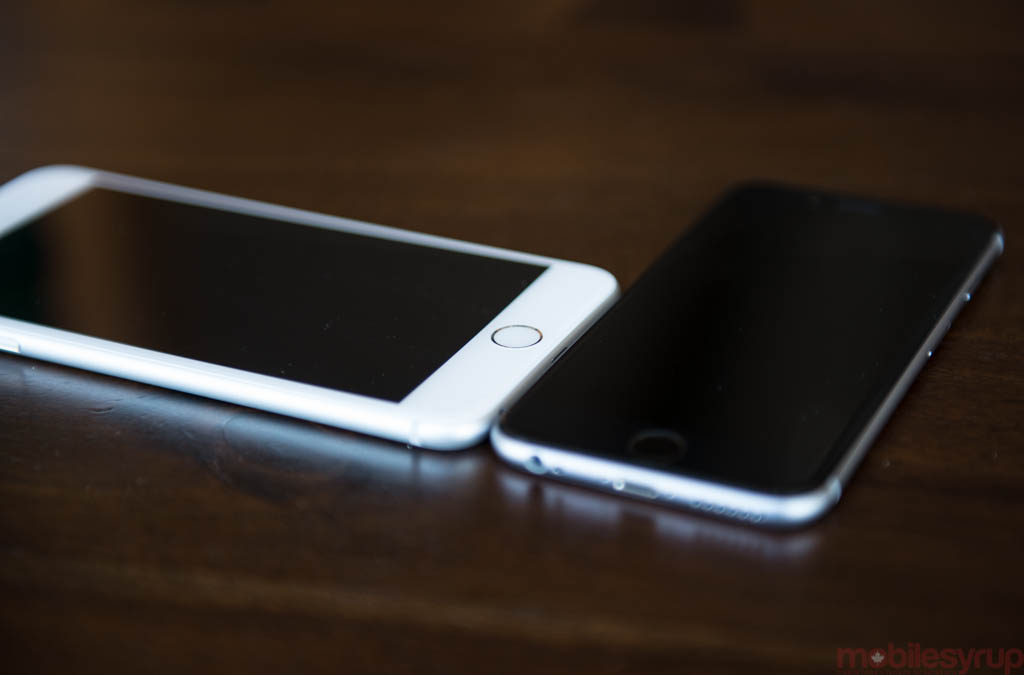
Apple’s contracts with carriers like Rogers, Bell and TELUS may have led to higher prices for phones and, due to the stifling of competition, wireless pricing in general, says the Canadian Competition Bureau.
According to documents filed in Federal Court today as part of a nine-month investigation, Apple used the iPhone’s high demand to negotiate higher handset prices, as well as deals that promised more prominent exposure of its products in carrier stores and marketing materials. Apple is well-known for controlling the look and feel of its marketing, both in-store and print or broadcast.
While specifics are limited at this point, The Globe & Mail points out that in an affidavit filed by Vincent Millette, a Bureau investigator, the organization found evidence that Apple artificially kept the prices of handsets higher by extracting promises that carriers would limit discounts of competitors’ devices. iPhones typically don’t drop in price until the next year’s model is revealed, while high-end Android phones from Samsung, LG, HTC and others fluctuate throughout the year.
The affidavit also suggests that agreements between Apple and Canadian carriers have influenced the price of cellphone service in general. Carriers used to differentiate between iPhones and other smartphones, often charging more for the same amount of data on an iPhone relative to the competition, but that practice has since subsided. It is unclear if the Bureau’s investigation includes Apple’s current contracts with carrier or just those for previous generations of devices.
While Android has brought a wealth of choice to carriers’ shelves, the iPhone is typically a needle mover for their bottom lines. In Rogers’ most recent quarterly earnings report, the company noted that “a 19% increase in hardware upgrades by existing subscribers this quarter coincided with the recent launch of the iPhone 6.”
The Bureau notes that Apple has not been found guilty of any wrongdoing at this point, and that there is no suggestion of anti-competitive behaviour in any official capacity.
[source]The Globe & Mail[/source]


